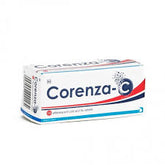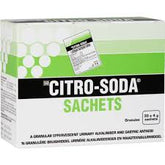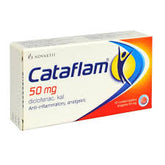featured Alcohol-related liver disease
On by ZimSeller Pharmacy 0 comments
Alcohol poisoning
On by ZimSeller Pharmacy 0 comments
Albinism
On by ZimSeller Pharmacy 0 comments
Air or gas embolism
On by ZimSeller Pharmacy 0 comments
Agoraphobia
On by ZimSeller Pharmacy 0 comments
Age-related macular degeneration (AMD)
On by ZimSeller Pharmacy 0 comments
Age-related cataracts
On by ZimSeller Pharmacy 0 comments





















